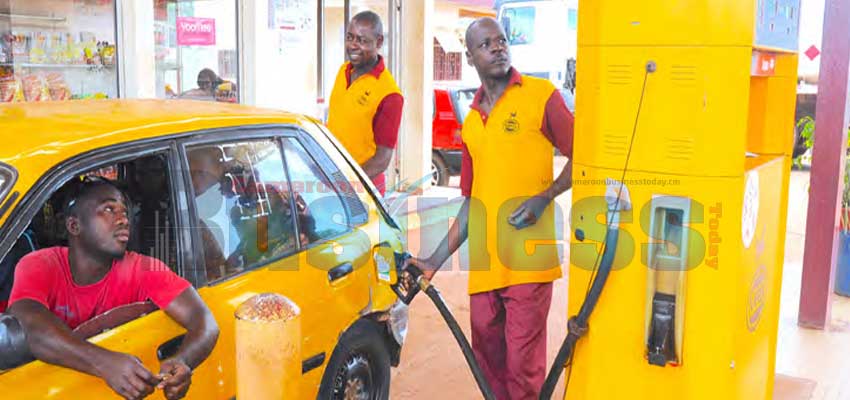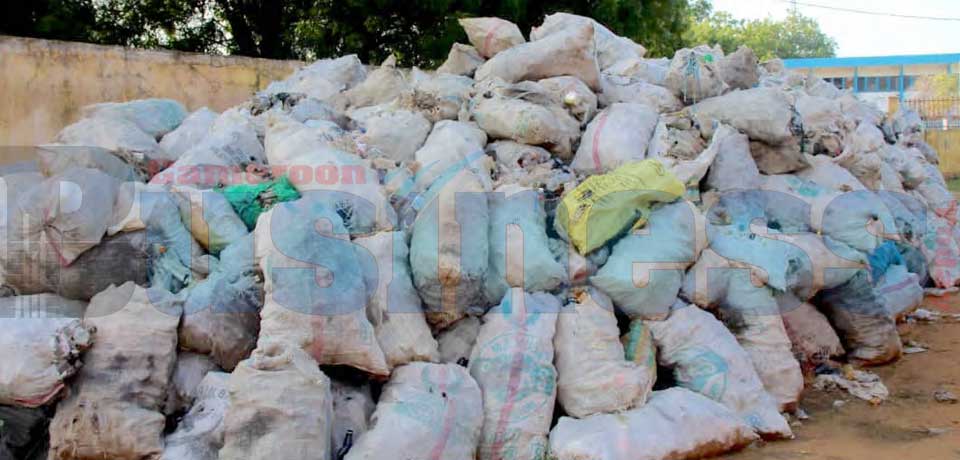The proliferation of filling stations across the country today is a direct consequence of government’s liberalization of the sector.
F rom less than 300 filling stations in the year 2000 to 835 in 2020, there has been an exponential growth in the distribution chain of petroleum products in the country. It is hard to drive 500m without a filling station in the two largest cities of Douala and Yaounde. The boom in the sector is thanks to the liberalization instituted in 2000 by the State in the distribution of petroleum products. According to figures of the Ministry of Water and Energy, some 54 authorised companies are today involved in the distribution of petroleum products. From when the decree was signed by the President of the Republic in November 2000, liberalizing the sector, it has been expanding in leaps and bounds. Before even the decree, other legal instruments were put in place notably the January 1998 Arête fixing modalities of implanting distribution stations of petroleum products. In September 2001, there was another arête signed précising on certain conditions for the exercise of activities in the petroleum sector. The 1999 decree on the Petroleum Code and its decree of application signed in 2000 are also instrumental in the proliferation of companies in the distribution chain of petroleum products in Cameroon. Even the present security and health challenges has not completely dampened the sector. Though some filling stations have stopped functioning, other operators like Total, Tradex, BOCOM amongst others are opening up new stations. However, the fire incident at the lone national oil refinery (SONARA) in May 2019 has somewhat not impacted the sector. The refinery used to produce 80 per cent of national consumption while just 20 per cent was imported. But with the complete shutd...

















Commentaires